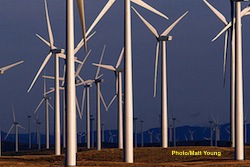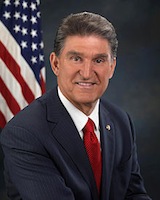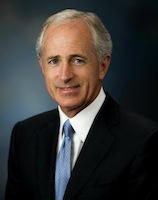Switzerland’s MS Tûranor PlanetSolar, the world’s largest solar boat, has set a new speed record for a transatlantic crossing by solar electric vessel. The boat left from Las Palmas, Spain, on April 25, 2013, and sailed 2,867miles (5,310 kilometers) across the Atlantic Ocean at the average speed of 5.3 knots before reaching Marigot, St. Martin, in the French West Indies on May 18, 2013. The first-of-its-kind catamaran completed this year’s passage across the Atlantic in 22 of days,  besting last year’s record by 4 days. This new world record undertaken by an initiative from Switzerland is currently undergoing an authorization process at Guinness World Records.
besting last year’s record by 4 days. This new world record undertaken by an initiative from Switzerland is currently undergoing an authorization process at Guinness World Records.
“Once again, the boat provided a brilliant demonstration of solar energy’s potential by breaking its own speed record for a transatlantic crossing set in 2010 by completing this year’s journey in 22 days, 12 hours and 32 minutes,” said Gérard d’Aboville, Captain of the MS Tûranor PlanetSolar.
He continued, “It is difficult to compare the two crossings because they were conducted at very different times of the year. But it is certain that in light of the lessons learned during the trip around the world, the major maintenance projects carried out last winter—particularly to the propulsion system—have greatly improved the ship’s performance.”
The PlantSolar team had to carefully manage energy consumption in order to maintain an efficient speed and reach St. Martin in less than 26 days. During the transatlantic crossing, the crew encountered phases of substantial cloudiness for several consecutive days and had to adjust the route. The adjustments increased the travelling distance by 7 percent, but enabled the PlanetSolar crew to avoid winds and unfavorable swells.
The new world record is part of PlanetSolar team’s commitment to push the limits of solar technology. After having demonstrated the potential of solar energy by accomplishing the first around the world tour only powered by the sun, PlanetSolar is now touring the world to illustrate the practical applications of such a vessel. In June, the vessel will arrive in the United States, with stops in Miami, New York and Boston. When docking at the ports the ship transforms into an educational platform to share the excitement and the potential of solar power.
 Shut out of selling biodiesel the the European Union, Argentina is now trying its hand at getting into the U.S. biodiesel market. Reuters reports the Argentinians believe it will be easier to meet U.S. environmental laws than overcome Europe’s block
Shut out of selling biodiesel the the European Union, Argentina is now trying its hand at getting into the U.S. biodiesel market. Reuters reports the Argentinians believe it will be easier to meet U.S. environmental laws than overcome Europe’s block










